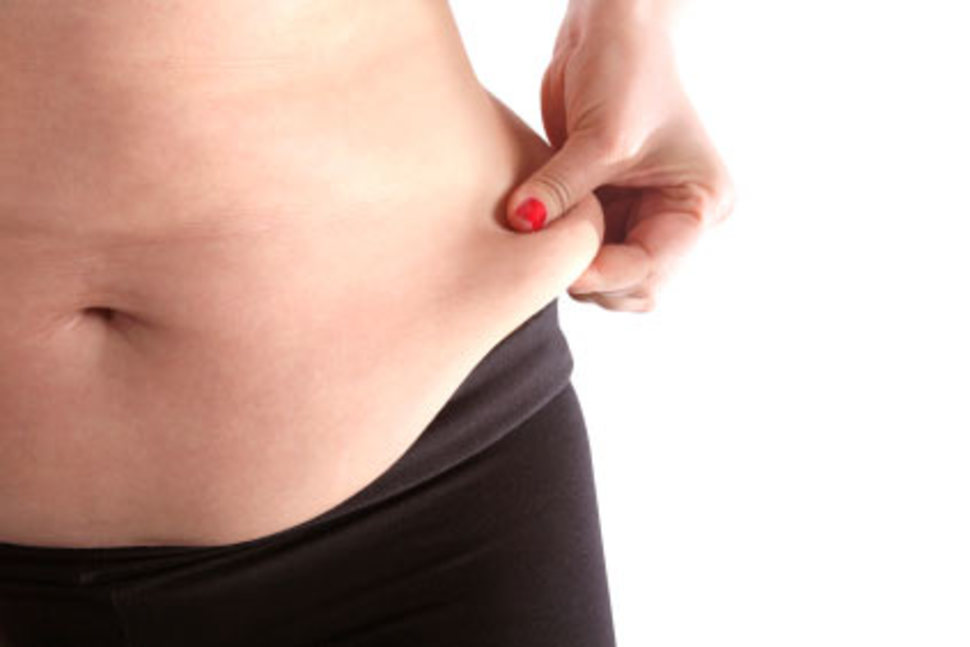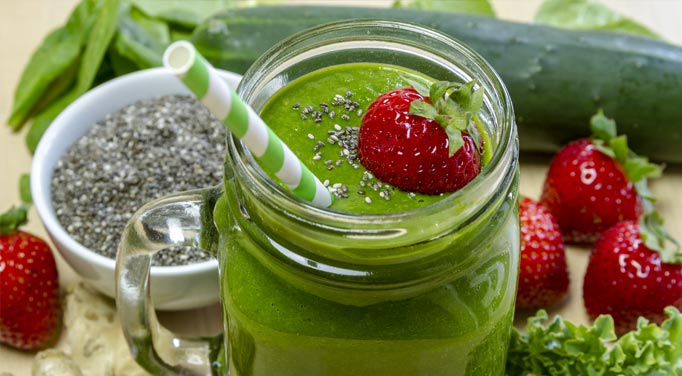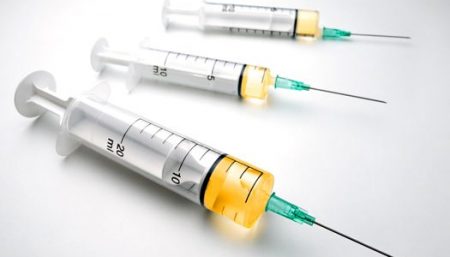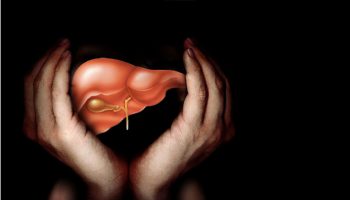Moving about more throughout the day (for example breaking up long periods of sitting, daily step counts) is perhaps more important in liver fat composition and metabolic health status.

The liver is the second largest organ in the body. The liver processes everything we eat or drink and filter any harmful substances from the blood. This process is interrupted if too much fat is in the liver. It is normal to have some fat in your liver, more than 5 to 10 percent of your liver weight is fat in the case of fatty liver. The liver commonly repairs itself by rebuilding new liver cells when the old ones are damaged. When there’s repeated damage to the liver, permanent scarring takes place. This is called cirrhosis.
Fatty liver typically has specific symptoms. You may experience fatigue or vague abdominal discomfort. Your liver may become slightly enlarged, and your doctor can detect this during a physical exam. Excess fat can cause liver inflammation. If your liver becomes inflamed, you may have a poor appetite, weight loss, abdominal pain, weakness, and confusion.
How to Avoid Build Up of Liver Fat ?

- Decrease consumption of “bad” carbohydrates. Excess carbohydrates get converted into triglycerides, the type of fat that accumulates in the liver. A University of Texas study appearing in the January 2009 issue of the journal “Hepatology” found that those who ate a diet low in high-glycemic carbohydrates, which include refined-white-flour foods and sugar, lost more fat from their livers compared with those simply eating a low-calorie diet. It appeared the lower glucose production caused the liver to burn more fat for energy.
- Increase intake of carboydrates that promote healthy blood sugar levels, such as whole grains; healthy fats such as those found in fatty fish, nuts and seeds; and low-fat and low-cholesterol foods such as fruits and vegetables
- Opt for herbal supplements, like milk thistle, turmeric, anise seeds which has a long history of globally promoting general liver health and is supported by research.a You can go on to dd turmeric to soups, curries and casseroles. Turmeric is a spice commonly used in Indian cuisine. This spice contains a chemical, called curcumin, that may help protect the liver against damage caused by accumulated fats. It may also aid in the regeneration of liver cells and the removal of fats. Anise seeds may stimulate the regeneration of healthy liver cells, allowing the liver to flush out excess fats.
- Increase your intake of omega-3 fatty acids through diet and supplementation. An Italian study published in the April 2006 issue of “Alimentary Pharmacology and Therapeutics” tested the effects of omega-3 fatty acid supplementation on fatty liver disease in humans. Researchers noted several animal studies that showed supplementation decreased liver fat and wanted to test the effect in people. Seeds and Nuts are a healthy option.

- Add beans and legumes, such as chickpeas, kidney beans, soybeans and peas, to your diet. These foods contain arginine, an amino acid that helps neutralize ammonia, which is a toxic byproduct created by the body during the digestion process. Detoxification of ammonia may reduce stress on the liver.
Combined with an active lifestyle these factors can help to maintain a healthy liver.
Disclaimer
The Content is not intended to be a substitute for professional medical advice, diagnosis, or treatment. Always seek the advice of your physician or other qualified health provider with any questions you may have regarding a medical condition.



